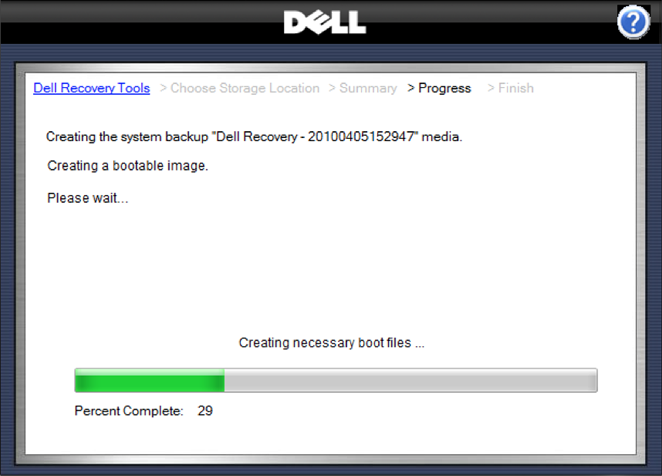

Perhaps the person, who needs support, could message you or email you if that makes it easier for them. Encourage them to talk to a mutually trusted person, someone who has permission to share certain details with you if appropriate. If a person is unable to tell you directly, try not to take it personally. It is making sure that we’re putting the other person first, instead of our need to care for them in the way we think is best. Healthy emotional support is providing the care that someone wants, in the way they want it, when they want it. It may be unsafe for that person to disclose some things to you, and it may create even more distress if you persist in asking. However, don’t expect the person to feel comfortable straightaway and tell you what’s going on. It’s ok to reach out in a kind and respectful way. If you are worried about someone, tell them. If someone wants to share what’s going on for them, they’ll let you know. You may need to put aside some of your personal beliefs, in order to most effectively support someone else. Additionally, that an individual has the right to make choices about their own body. To support someone using abortion care and other SRH services, it is vital to start from the position that access to any form of healthcare is a human right. Unfortunately, this stigma means healthcare services like abortion care, are not discussed in some families and communities.īarriers to accessing safe and effective SRH include distance, cost, cultural beliefs, family violence, reproductive coercion and abuse, or even a person’s age in certain situations. This can make it feel shameful to seek help or, easy to believe something is wrong with you because you are using a sexual or reproductive health service. These include wanting contraception, STI testing, education about safe sexual activity or sexual dysfunction, specialist hormone treatment, pregnancy care, an abortion or vasectomy, or assisted reproductive treatment such as IVF. There are many reasons why someone may seek SRH. Why do people need sexual and reproductive healthcare? It involves holistic assessment, treatment and management of issues related to sexual and reproductive health and wellbeing, across the lifespan, by a multidisciplinary team. Sexual and reproductive healthcare (SRH) is to do with the sexual and reproductive parts of our bodies – from our genitals to our reproductive organs (uteruses, testicles, ovaries, and more) and including how our brain works when it comes to sex, sexuality, sexual assault and intimacy. What is sexual and reproductive healthcare?


It doesn’t matter if you’re a partner, friend, family member, work colleague or acquaintance – the following information is for anyone who wants to support someone seeking sexual and reproductive healthcare services. Supporting a person seeking sexual and reproductive healthcare (SRH)


 0 kommentar(er)
0 kommentar(er)
